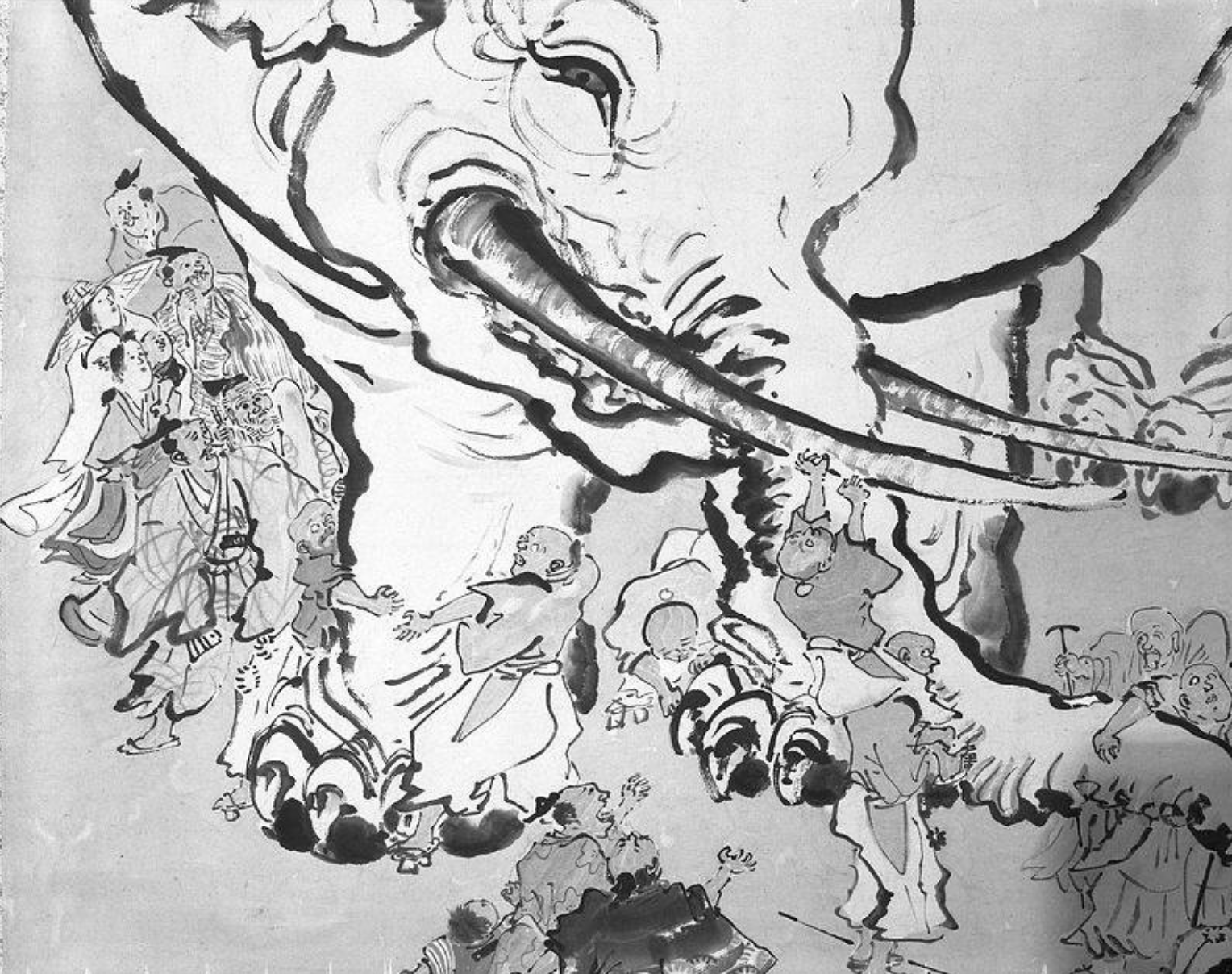
This essay (serialized here across 24 separate posts) uses words and numbers to discuss the uses of words and numbers — particularly examining evaluations of university degrees that employ statistical data to substantiate competing claims. Statistical analyses are crudely introduced as the mode du jour of popular logic, but any ratiocinative technique could likely be inserted in this re-fillable space and applied to create and defend categories of meaning with or without quantitative support. Questions posed across the series include: Is the data informing or affirming what we believe? What are the implications of granting this approach broader authority? The author, Melanie Williams, graduated from UA in 2006, with a B.A. in Anthropology and Religious Studies.
What kind of liberation would that be to forsake an absurdity which is logical and coherent and to embrace one which is illogical and incoherent?
I began using that Joyce line, years ago, as a proof of dreams. I work odd jobs to eke out my living from town to town, so most vertiginous mornings start with my catechism: “What are you thinking? Is it logical?” Yes. “Is it coherent?” Yes. “You were dreaming.” The next few moments I spend drawing up the day’s cosmography. It will only last the day. It takes all the effort of imagination now to divide nature from contrivances. Surely the stars are natural. The streetlamp is not. A peach may grow organically around a counterfeit stone. A tree is rustic from this angle, but the tidy row behind traces an arc of artifice as I pass along the unnatural road. Is my path natural? How else to judge but to measure myself against convention? Which I am also obliged to invent? I resist the gauche urge to victimize my friends, since it’s easy enough to fashion lives for people I don’t know. I tear a few from my perforated templates: CEO. Software Engineer. Marketing Consultant. I plop them into plush deck chairs in St. Barts and place lowball glasses into their pale fingers. I dress them in marvelous chi-chi outfits but their faces are all the same. Or I should say, they are a bank of one impassive face repeating — the bland portrait of a turquoise horizon, merging and vanishing in an oblique line of thermoplastic facsimile across a luminous liquid crystal field. Beyond the offing, their faces hum a hot squall of technical, statistics-based formulas for streamlining my online payment or fielding my search query, “what happened to tootie facts of life?” Most of the time, even when I seem lost in thought, I’m not really thinking about anything — more likely at any given moment I am trying to remember the lyrics to “Informer.” If each of these things is like the other, mine must be the face that has wandered into the dark. It is comforting to imagine, at least, that strange illustrious heads are keeping vigil over the cosmic order, over drinks, under a far-off sun.
Once I’ve exhausted their vague brilliance, my fancies mellow into a general wonder of how people choose their careers. Sometimes I am content to wonder at the speculation surrounding how people choose, or ought to choose, or if they choose. Which is the natural thing?
The closest I have come to choosing a career was the lucid decision to quit high school at 16 and join the first circus to roll through town. So long, precalculus! Hello, caked make-up wedges and whisky breath! The first phase of my plan went smoothly, but while I plodded the arduous path to the midway, a series of crappy jobs inspired me to seek a more expedient option, with looser standards of entry. So I applied to college, where I was introduced instead to essay-length reiterations of the same few salient sentences, the bitter wisdom of always carrying at least two pens, and the Three Contentious Topics to avoid in polite conversation: Money, Religion, and, uh. Uh.
Part 2 coming today at noon…